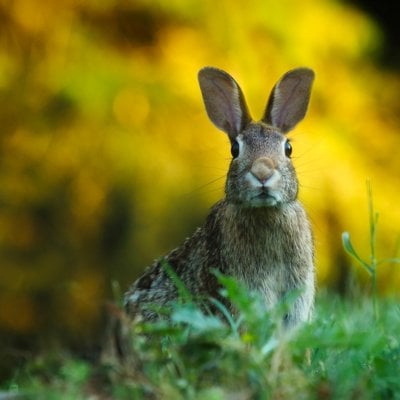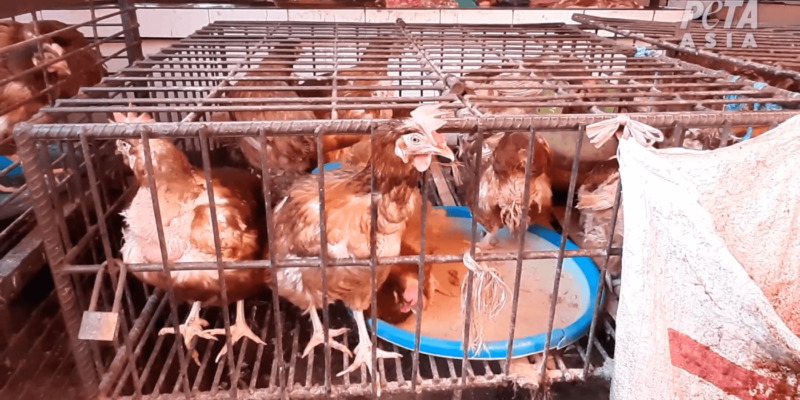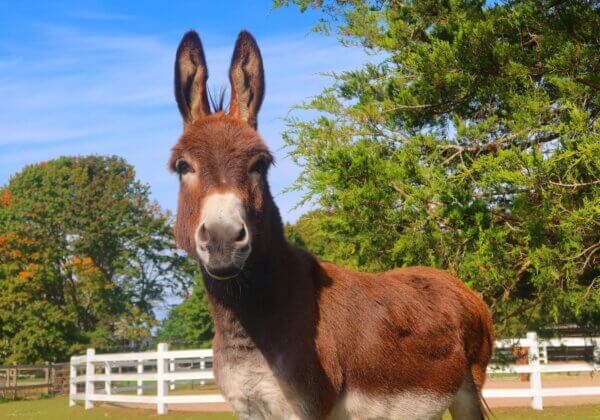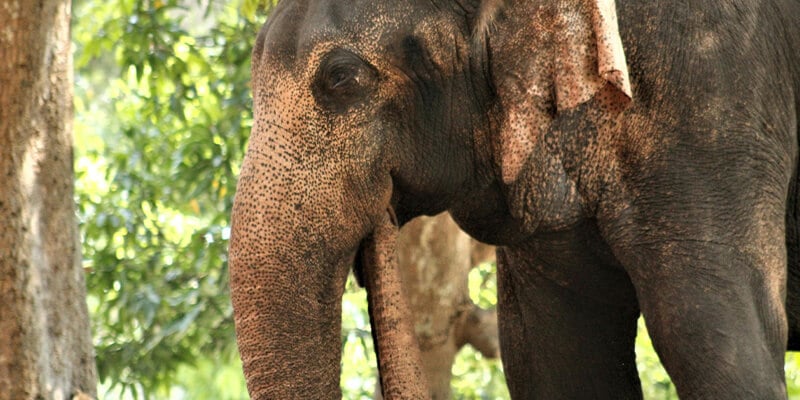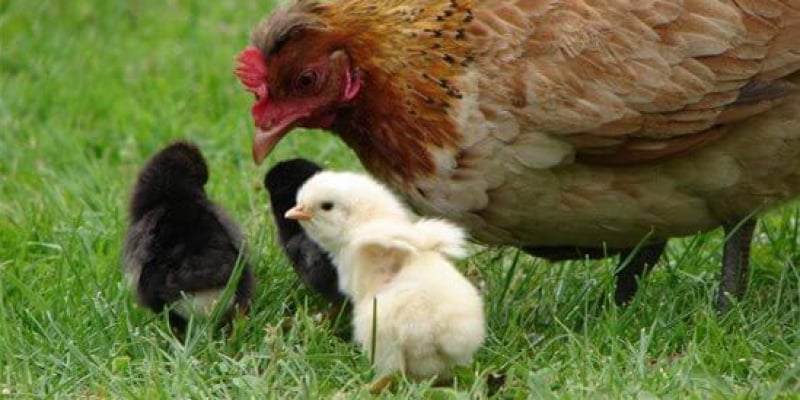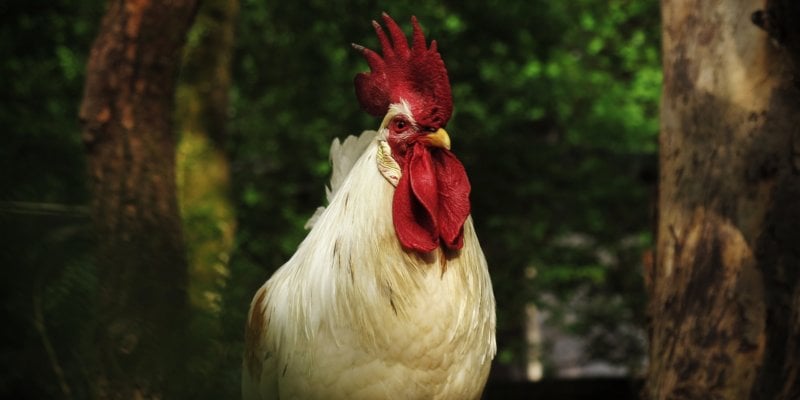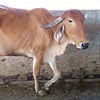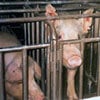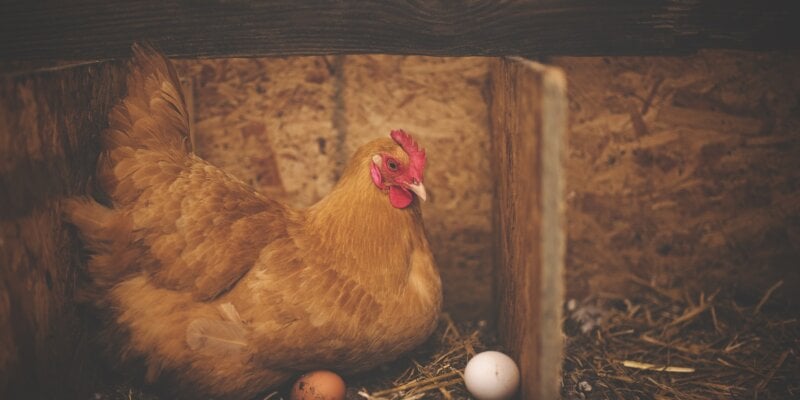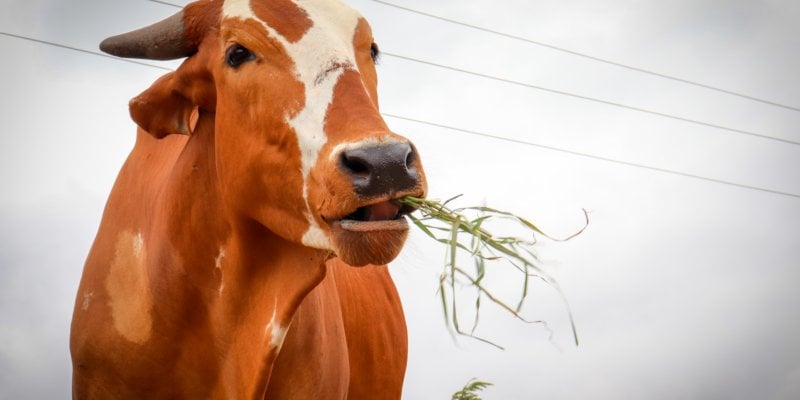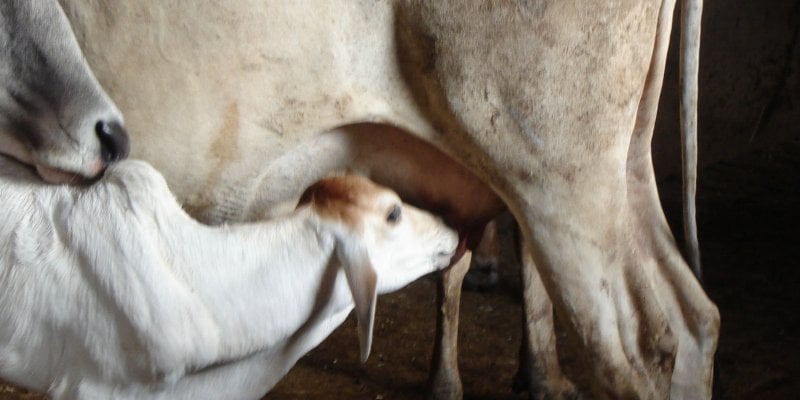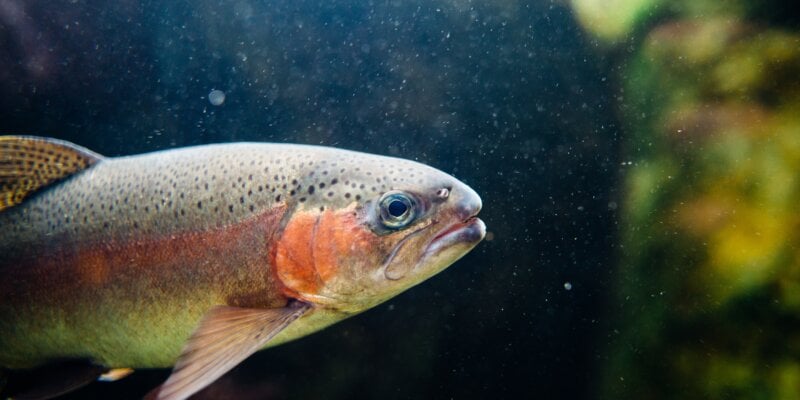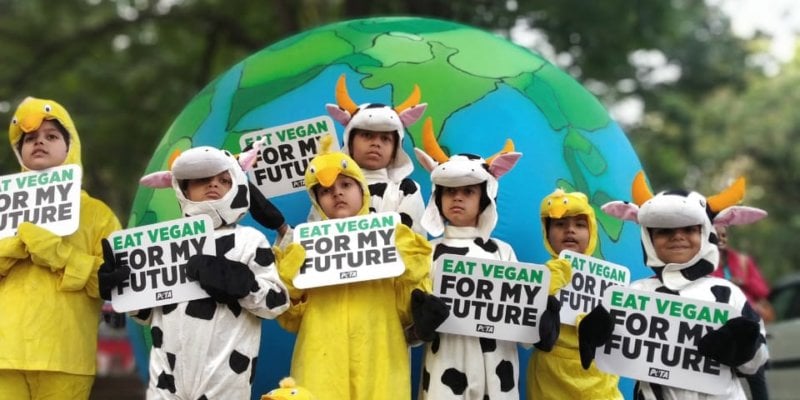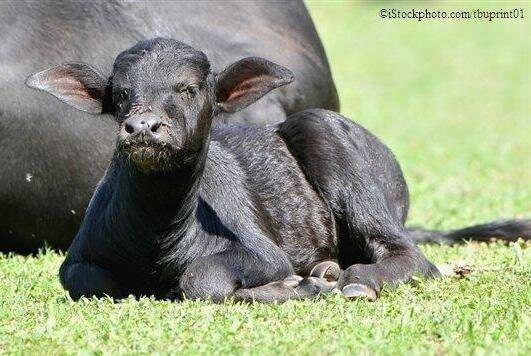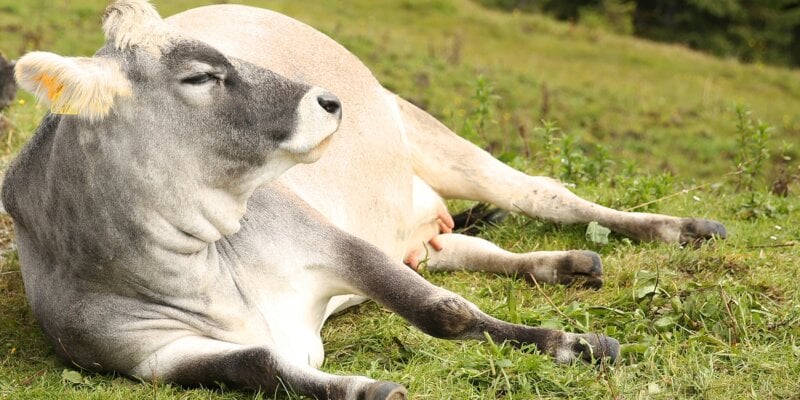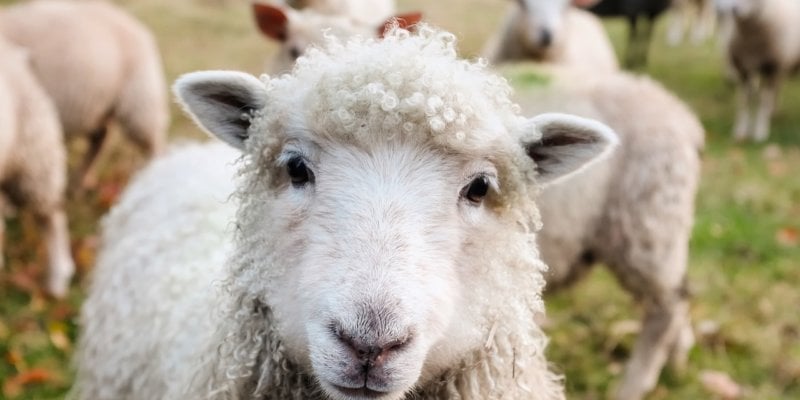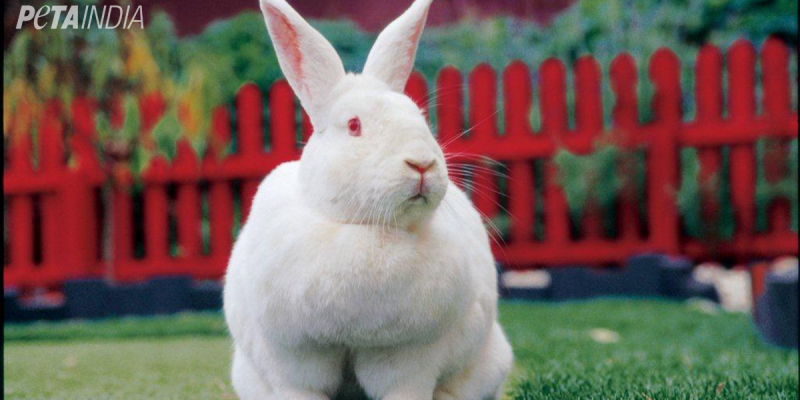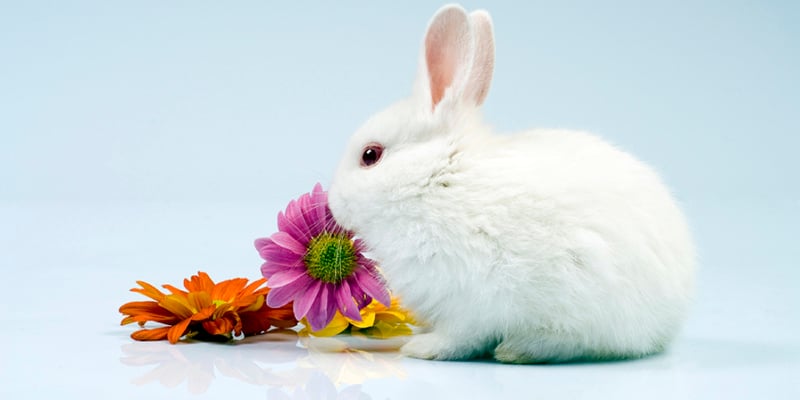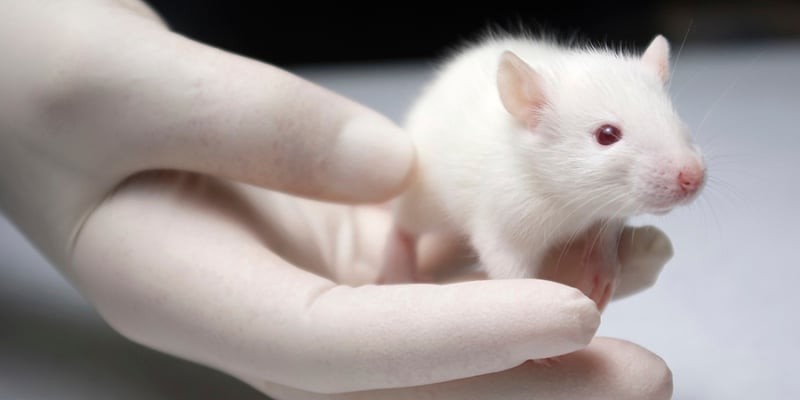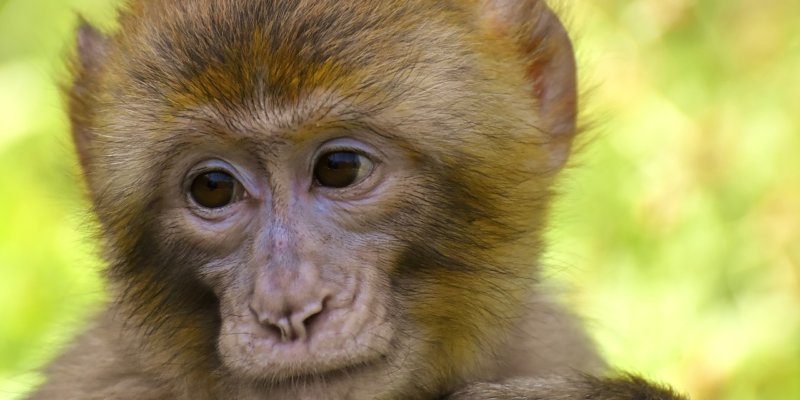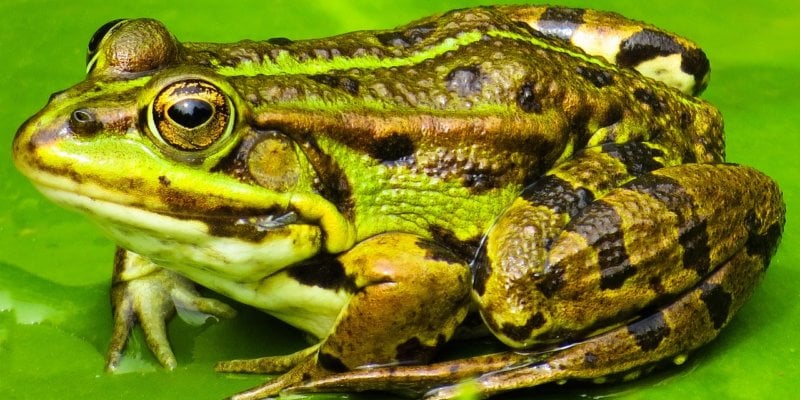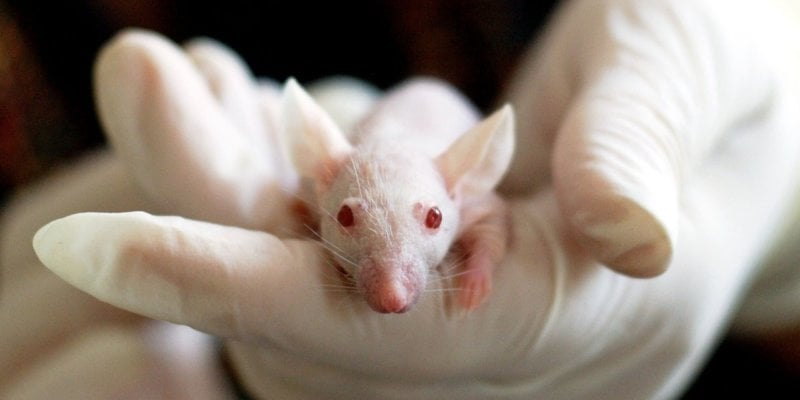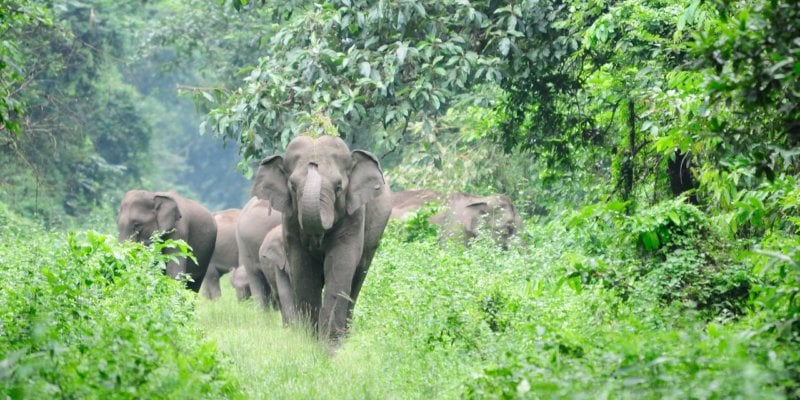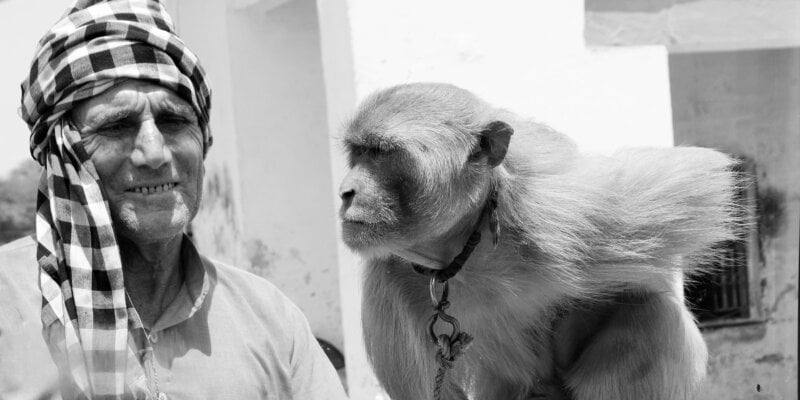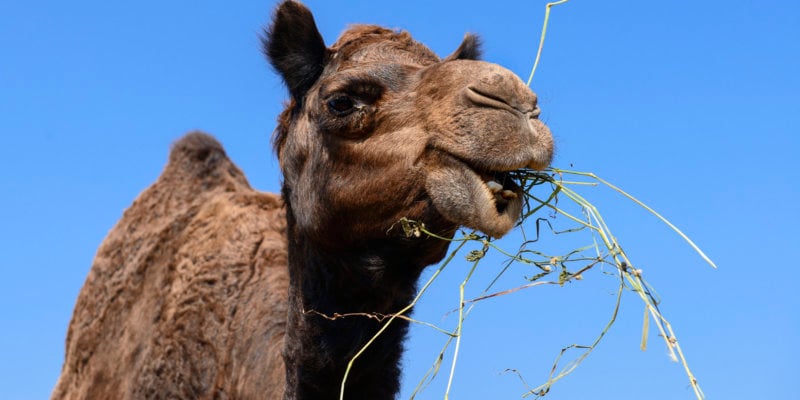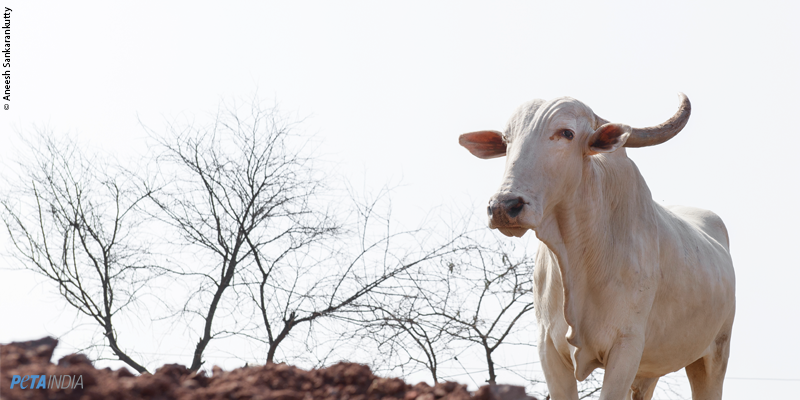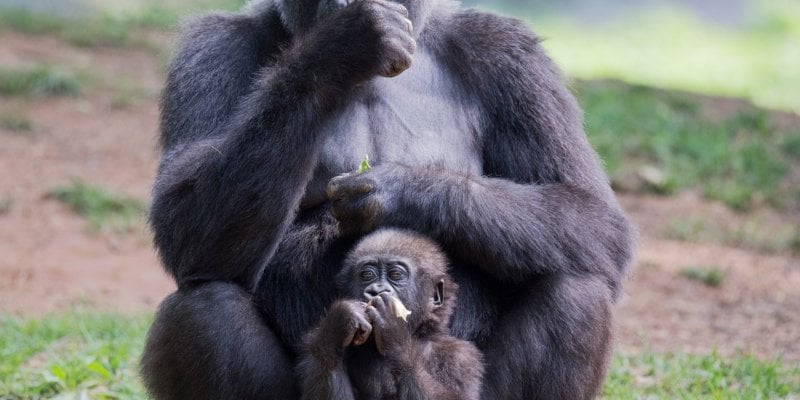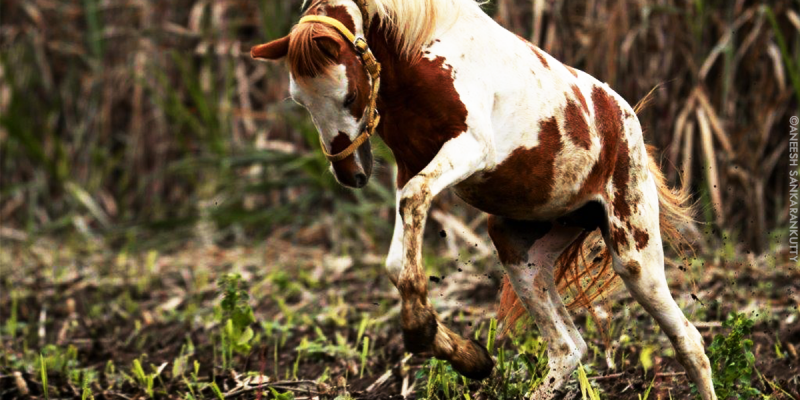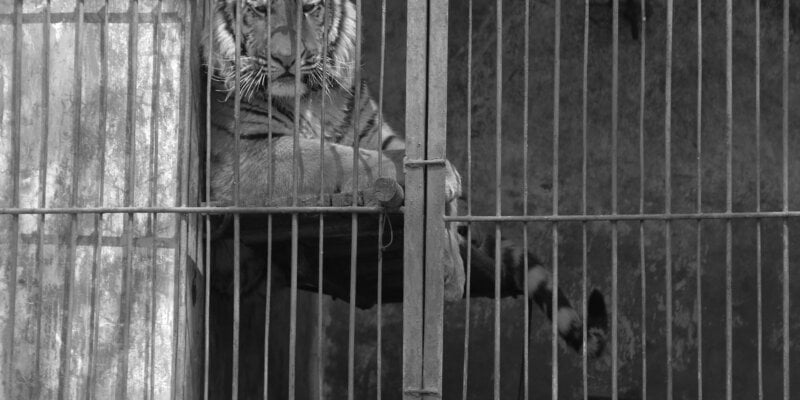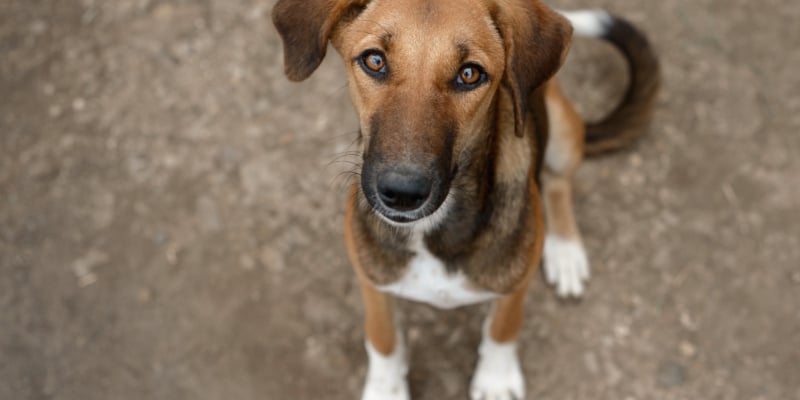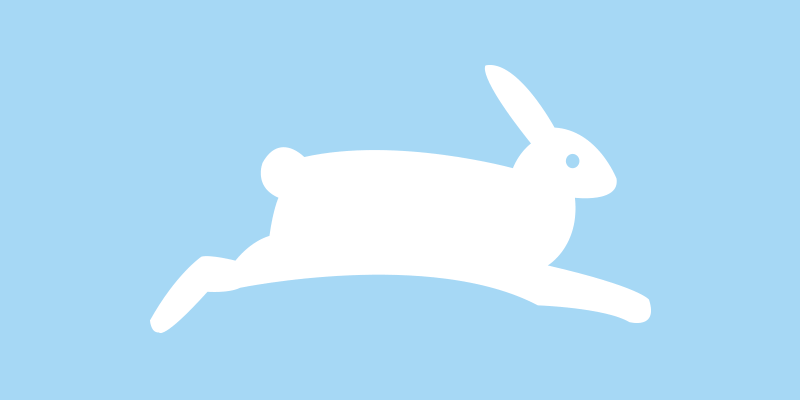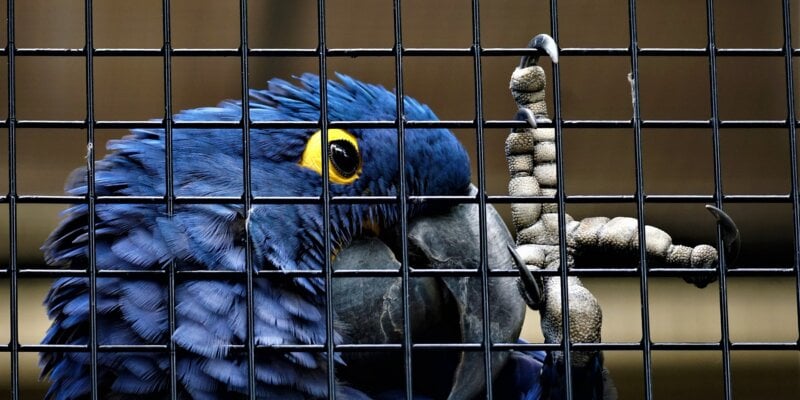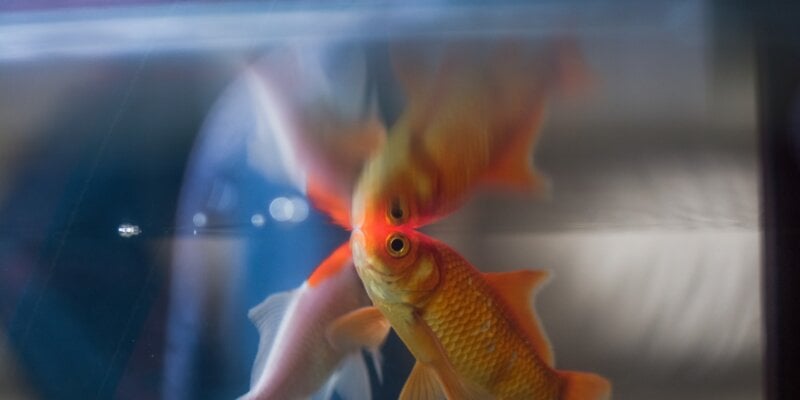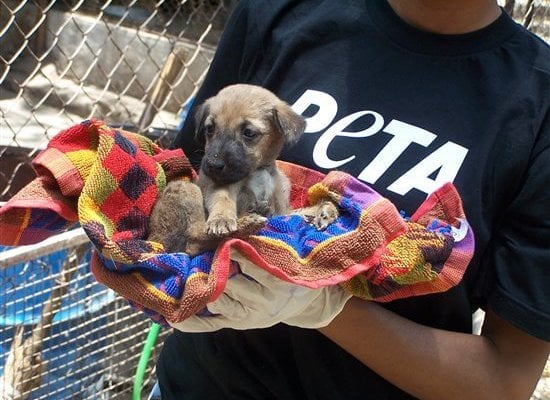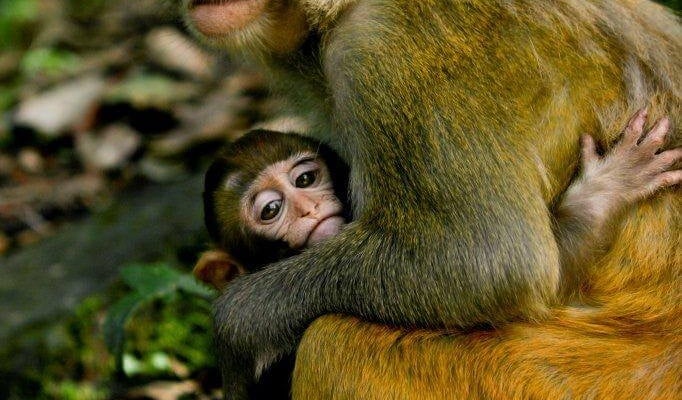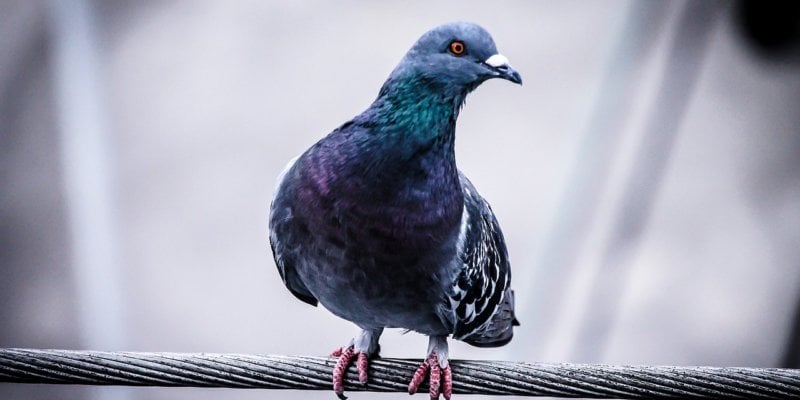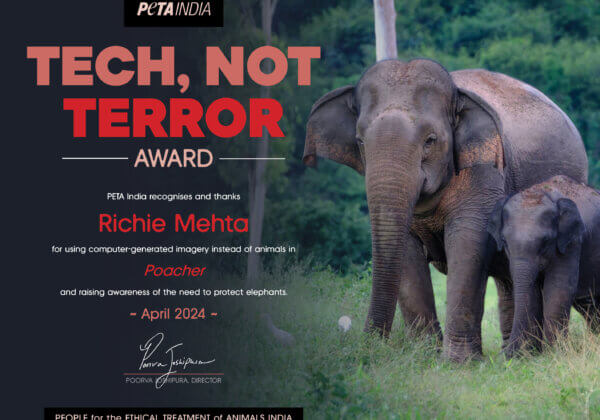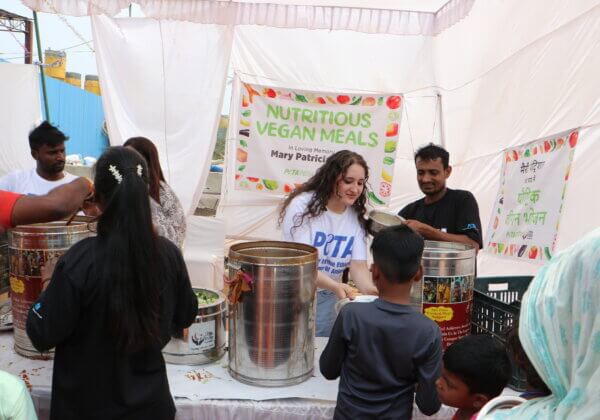The Spread of Animal-Borne Diseases
Threats to human health such as mad cow disease and avian flu have drawn attention to the dangers of raising animals for food. During the past 20 years, farming has become highly mechanised, and small farms have been replaced with factory farms that raise thousands of animals close together in tight enclosures. These animals produce massive amounts of waste, and disease is rampant because of the cramped, filthy conditions. Scientists tell us that in a populous country such as India, raising animals for meat can quickly lead to a human epidemic.
Mad Cow Disease
Mad cow disease continues to spread around the world. Besides spreading to humans, in whom it can cause fatal brain degeneration, mad cow disease can also infect animals who are raised for food, making it possible for chickens, pigs, fish and other farmed animals to become carriers of mad cow disease as well.
Mad cow disease is spread through infected cows and other animals, and humans who eat the flesh of these animals can contract a fatal brain disease that has no cure.
One reason why mad cow disease has spread is because farmers tried to save money by feeding blood and tissue from the bodies of slaughtered animals back to the survivors. This “recycling” practice is still common in many parts of the world, so it may be impossible to stop the spread of this disease. Because the symptoms of mad cow disease do not appear until the cows are older and because the symptoms may be difficult to detect, many infected cows may be slaughtered and sold in the market. People who are infected by this meat often will not become ill for years. When the disease does eventually “strike”, it is always fatal. The only way to protect yourself and your family from mad cow disease is to stop eating meat.
Avian Flu
Avian influenza, or bird flu, is another recent example of the catastrophic consequences of raising animals for food – animals carry diseases that can quickly spread to their human handlers.
The most recent outbreak of bird flu led to many human deaths and the mass slaughter of chickens in India and throughout the rest of the world. The virus that causes bird flu is transmitted from chickens who are raised for food to humans, and scientists fear a global pandemic if the virus mutates, allowing infected people to pass the virus on to others. Each time another person is stricken with avian flu, the risk of a viral mutation that allows the disease to be transmitted among humans increases. Bird flu has also spread to pigs in some parts of Asia, so pigs raised for food could also possibly spread the virus to humans.
The spread of avian flu from chickens to pigs and people is a clear example of the deadly diseases that can develop when humans raise animals for food. While scientists struggle to develop a drug to combat this virus, many people have already realised that the only way that they can protect their families from bird flu is to adopt a vegetarian diet.
